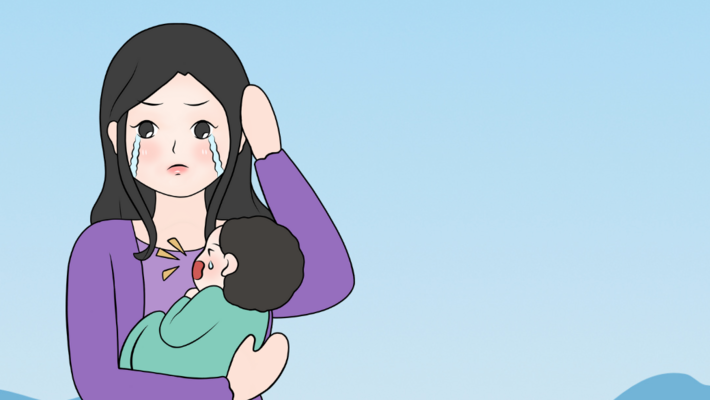Did you know? After childbirth, a woman's body won't be the same as before.
Health News
Did you know? After childbirth, a woman's body won't be the same as before.
Having a baby is like being filled with fulfillment in both family and spirit. Although having a child entails carrying a heavy burden starting from pregnancy, many believe that it adds vibrancy to family life. However, did you know that during the postpartum period, a mother's body undergoes significant changes? Within the first 6 weeks after childbirth, transitioning back to normalcy might take some time. Here are some postpartum symptoms you might experience:
- Hair Loss: Hormonal changes postpartum can lead to hair loss. However, as the body returns to normal, this symptom usually disappears.
- Breast Engorgement: This occurs when the breasts become overly full due to milk production but aren't sufficiently drained. It causes internal pressure, hindering milk flow and leading to soreness, tightness, and pain in the breasts.

- Anemia: Giving birth leads to blood loss, resulting in anemia for some mothers.
- Lochia: Lochia is the vaginal discharge containing blood and tissue shed from the uterus. It's similar to a heavy period and typically lasts 3-4 weeks after childbirth.

- Incontinence: After childbirth, the pelvic floor muscles may weaken, leading to urinary leakage when sneezing, coughing, or laughing. This condition usually resolves within 3 weeks postpartum.
- Constipation: Postpartum mothers may experience discomfort due to perineal wounds, making it difficult to defecate.

Postpartum mothers undergo both physical and emotional changes. Proper self-care during this period is crucial for a faster recovery. Pay attention to your diet, ensuring an adequate intake of calcium. Rest well, exercise regularly, and maintain a varied diet to facilitate your body's return to its normal state.
Follow Our Social Network


